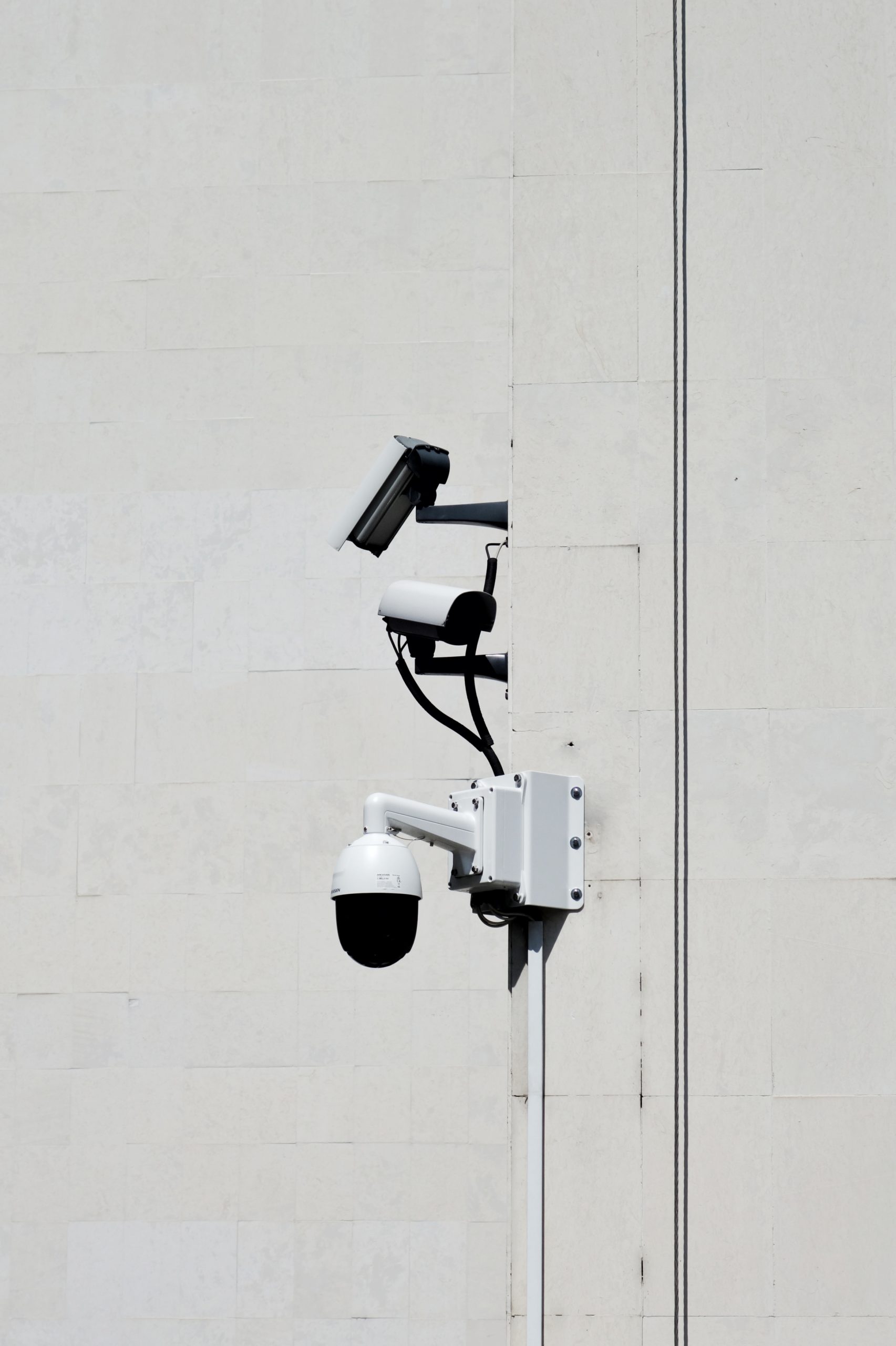
A closer look at Florida law and the use of recording devices – II
Last week, we started discussing how Florida law is structured in such a way as to provide considerable protection to citizens regarding the interception and disclosure of communications made orally, electronically or by wire.
Specifically, we explored how the eavesdropping law dictates that both in-person conversations and electronic communications cannot be recorded without the consent of all parties, and how those persons lacking a reasonable expectation of privacy are not extended these protections.
In today’s post, we’ll examine what the law has to say concerning hidden cameras and the criminal penalties that can result from the illegal disclosure of any of the aforementioned communications.
Hidden cameras
While there is nothing in state law that prohibits homeowners or business owners from setting up surveillance cameras to record in otherwise public areas without consent (i.e., those areas where there is no reasonable expectation of privacy), the state’s video voyeurism law does establish some very firm limitations on hidden cameras.
Indeed, it is illegal for any imaging devices to be installed for the purposes of “secretly view[ing], broadcast[ing] or record[ing] a person, without that person’s knowledge and consent” in situations where the person is privately exposing their body at a time and in a place in which they have a reasonable expectation of privacy. A similar ban exists for secret and nonconsensual recordings made underneath or through clothing.
Criminal penalties
As far as criminal penalties are concerned, the state’s eavesdropping law dictates that first offenses committed without illegal purpose and for no commercial gain are to be charged as misdemeanors punishable by fines of up to $1,000 and a year in jail. In all other scenarios, however, the law calls for these offenses to be charged as felonies punishable by fines of up to $5,000 and up to five years in prison.
Similarly, those accused of violating the state’s video voyeurism law will face felony charges punishable by fines of up to $5,000 and up to five years in prison.
Here’s hoping that the forgoing discussion provided some valuable insight into how Florida law views recording devices. As always, please consider speaking with an experienced legal professional if you are facing any sort of criminal charges.


